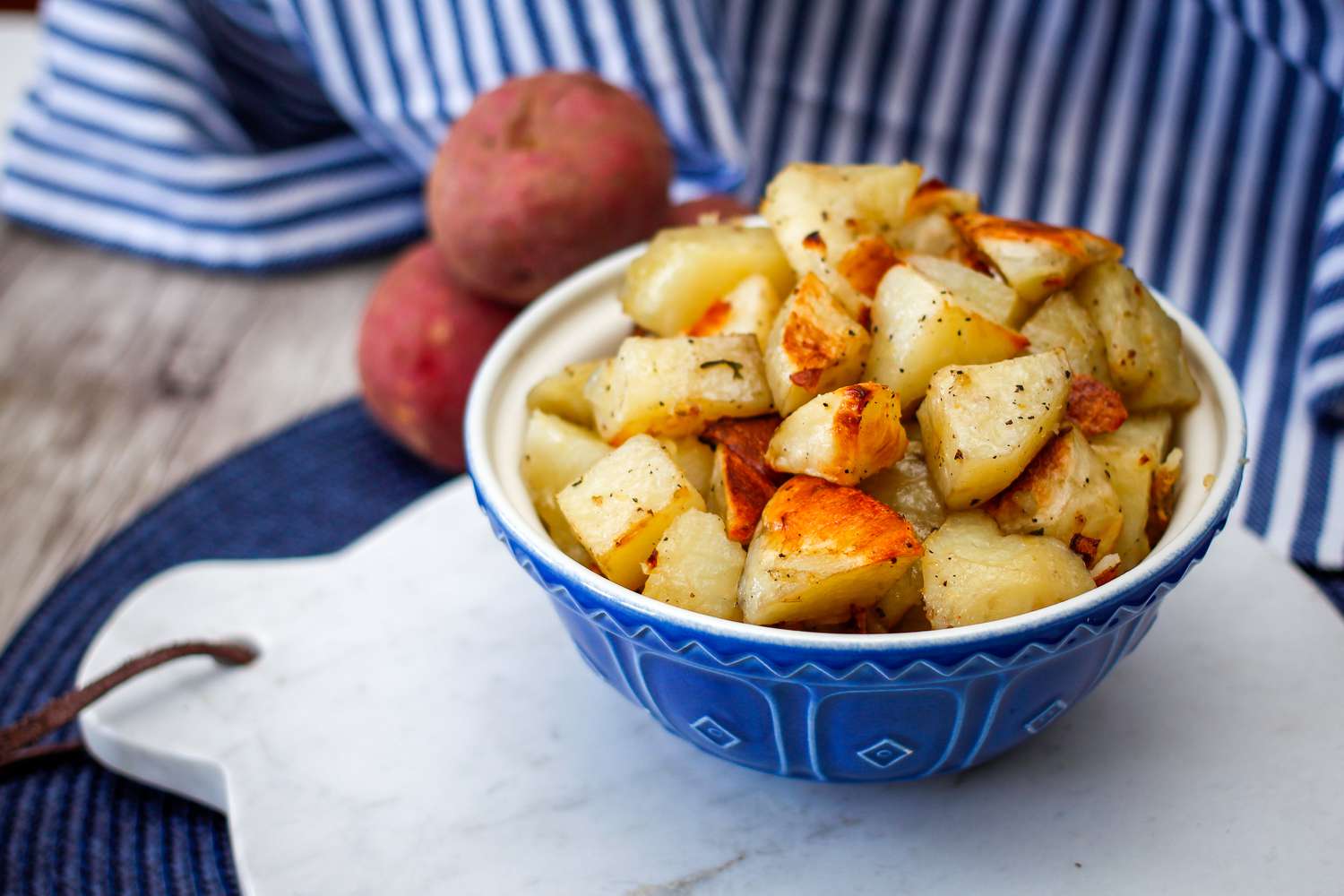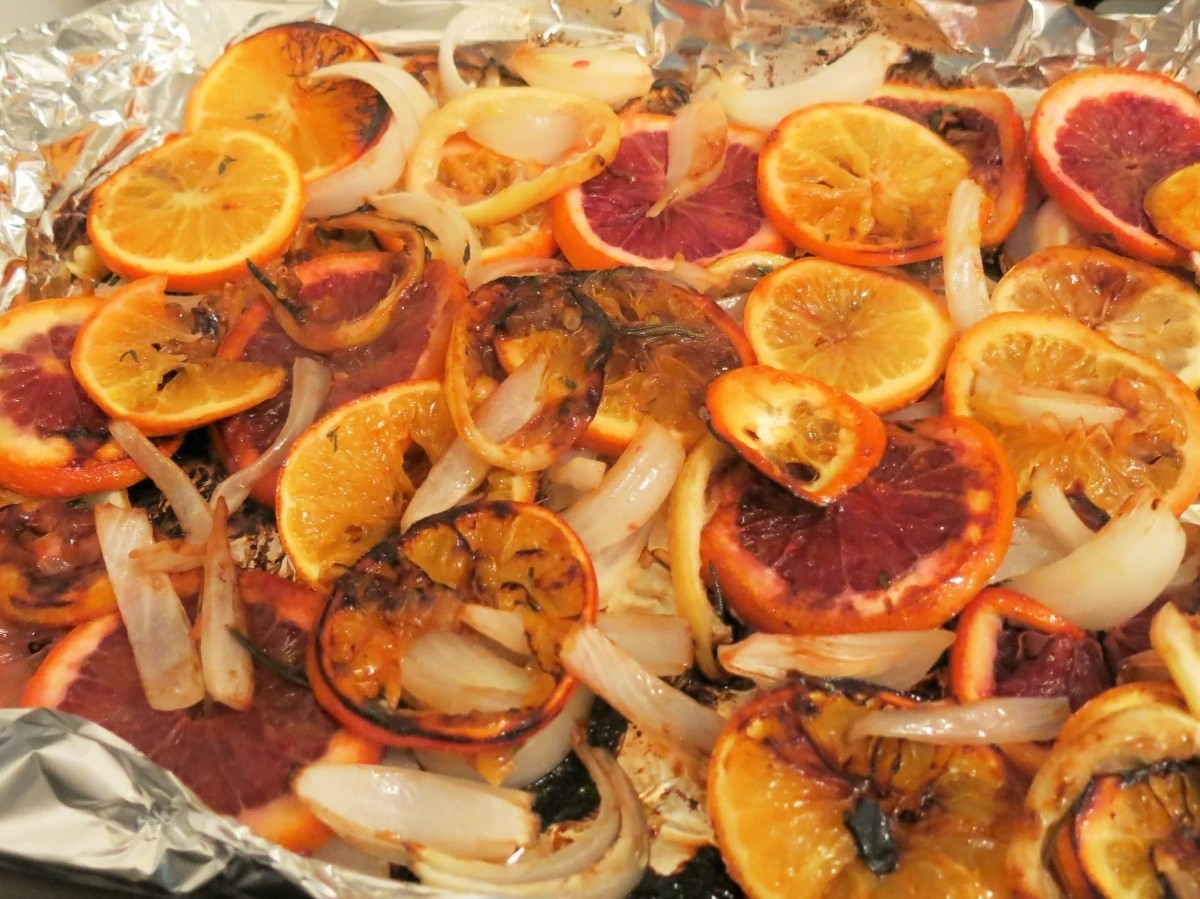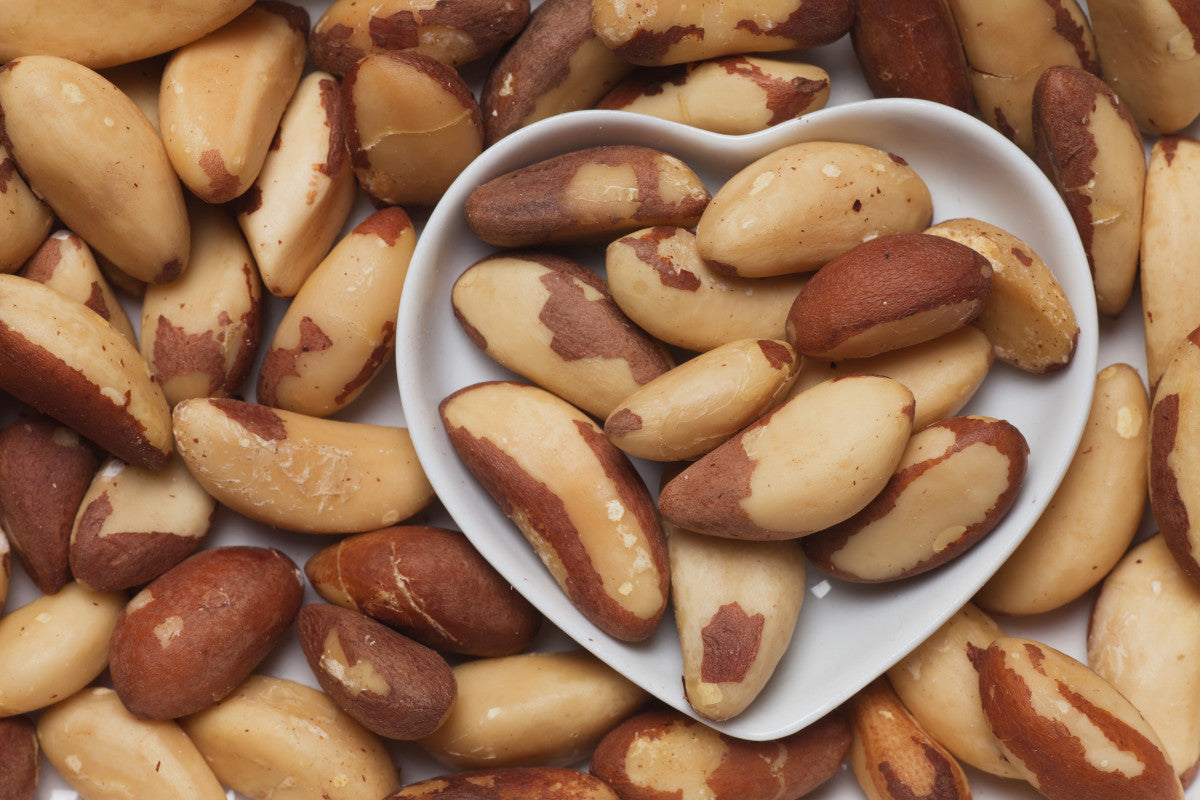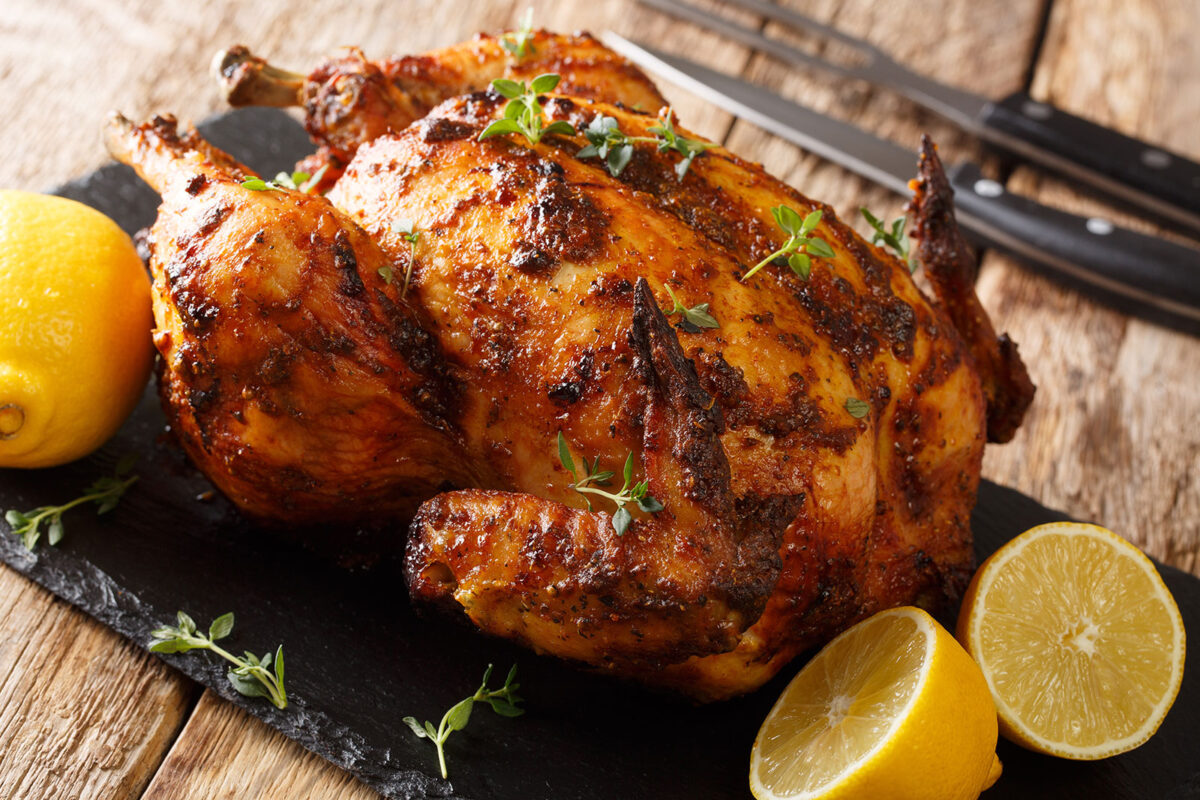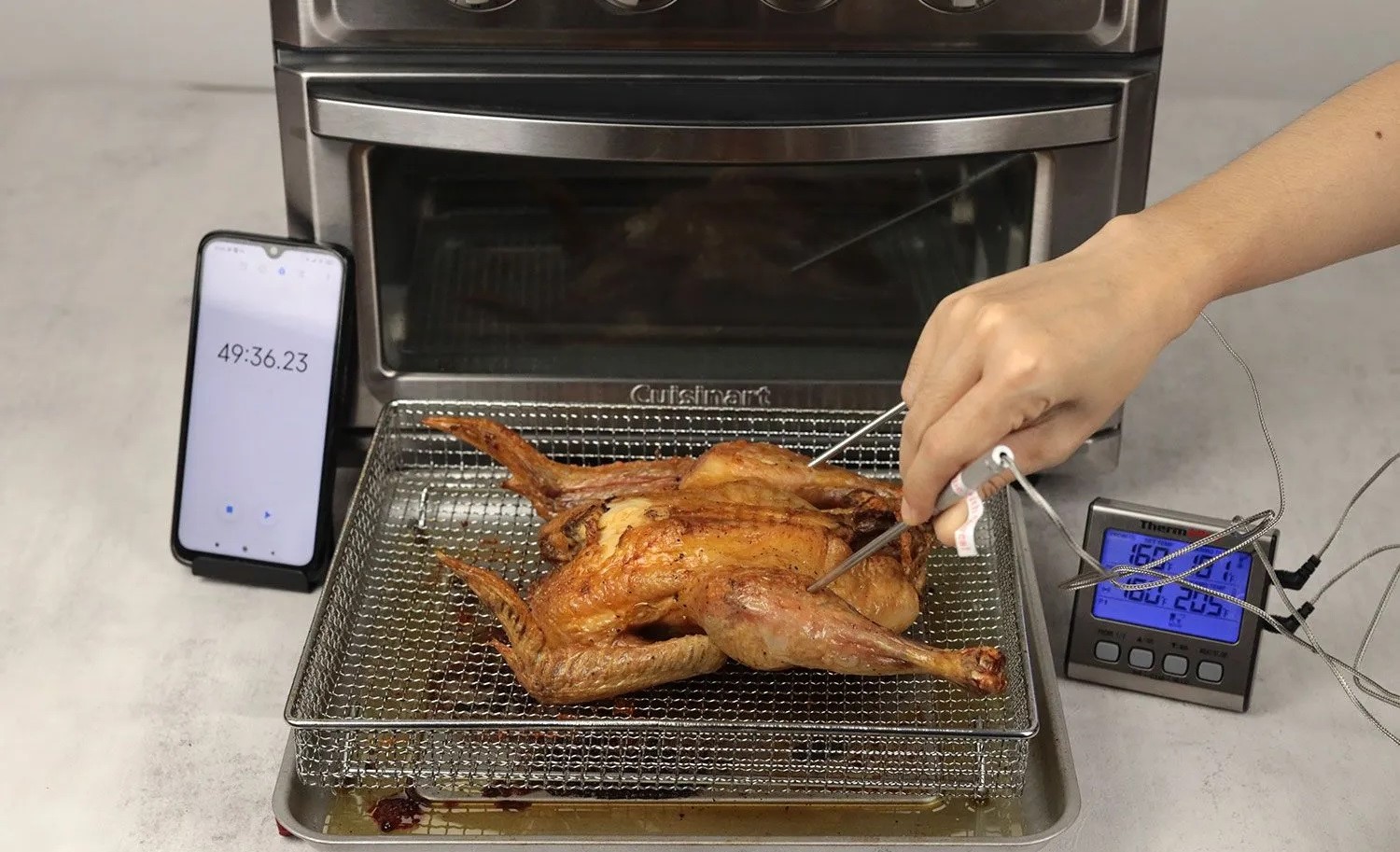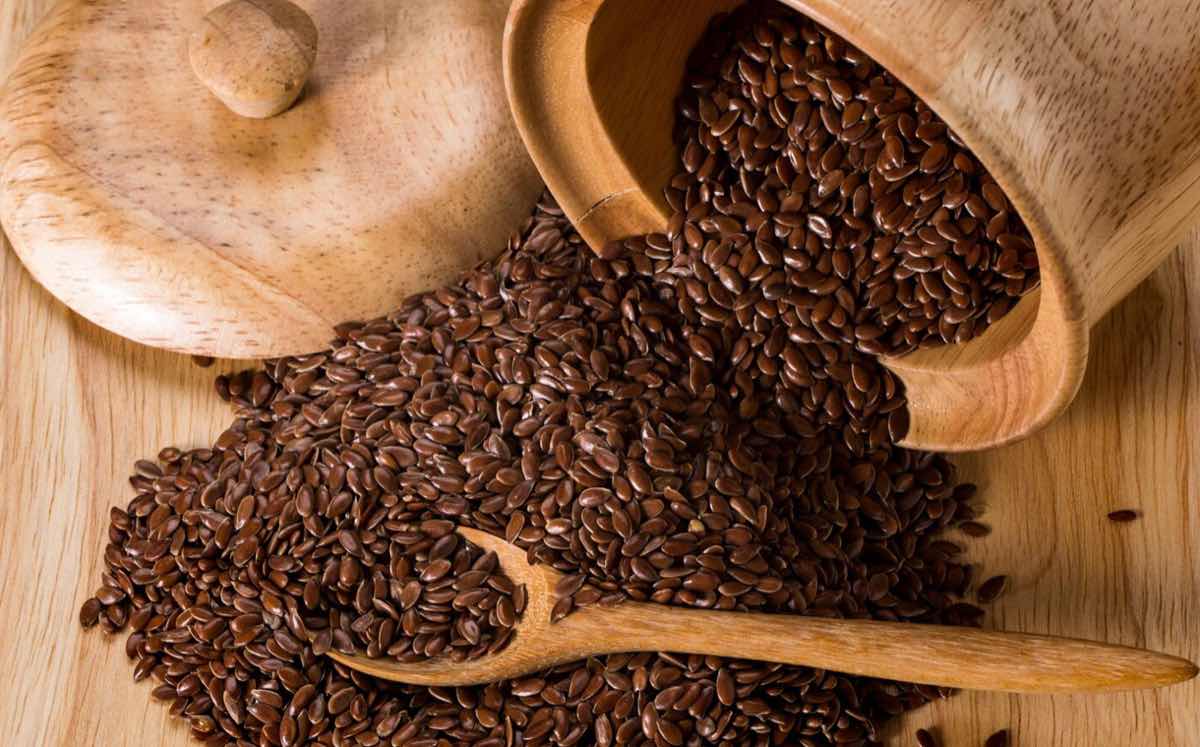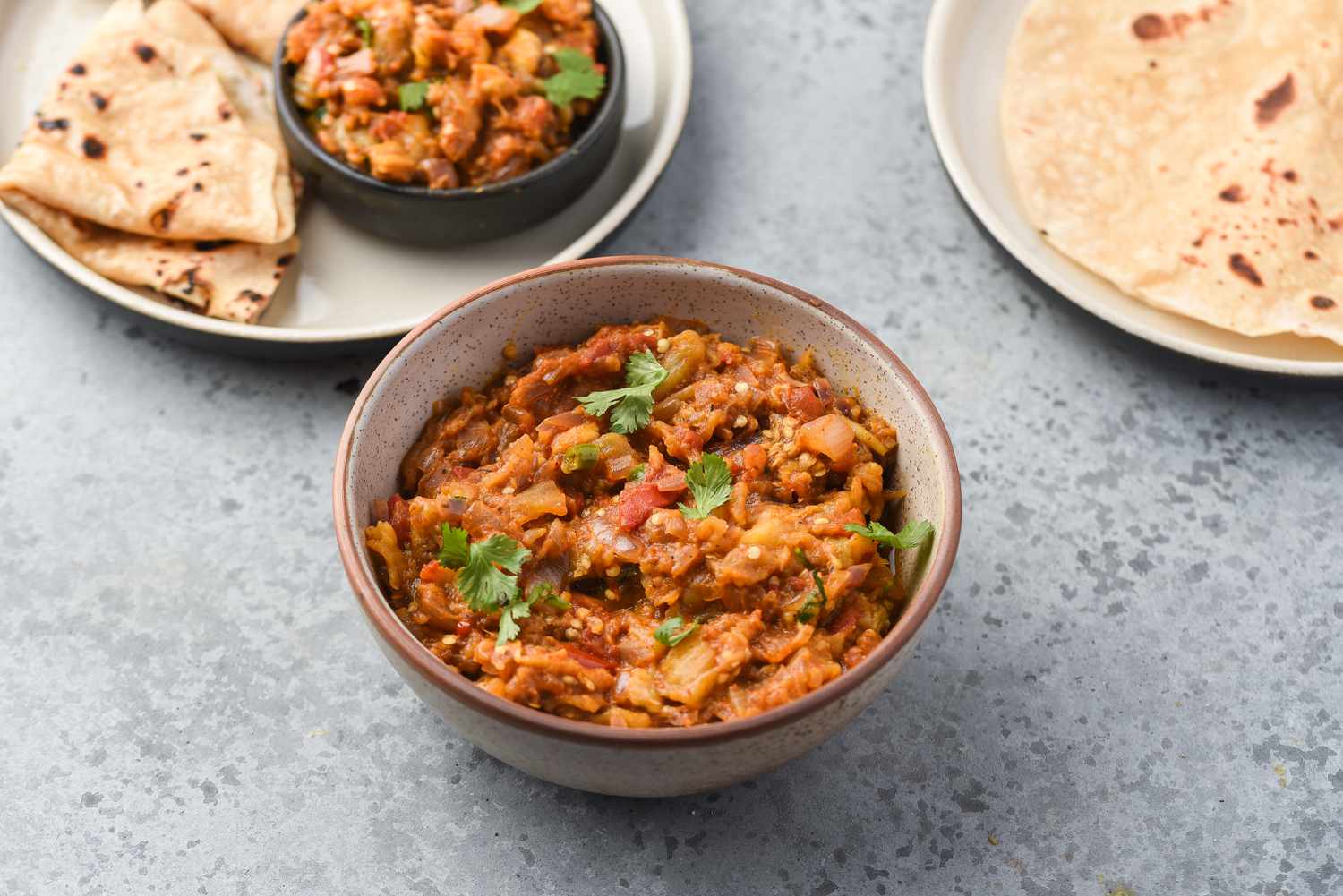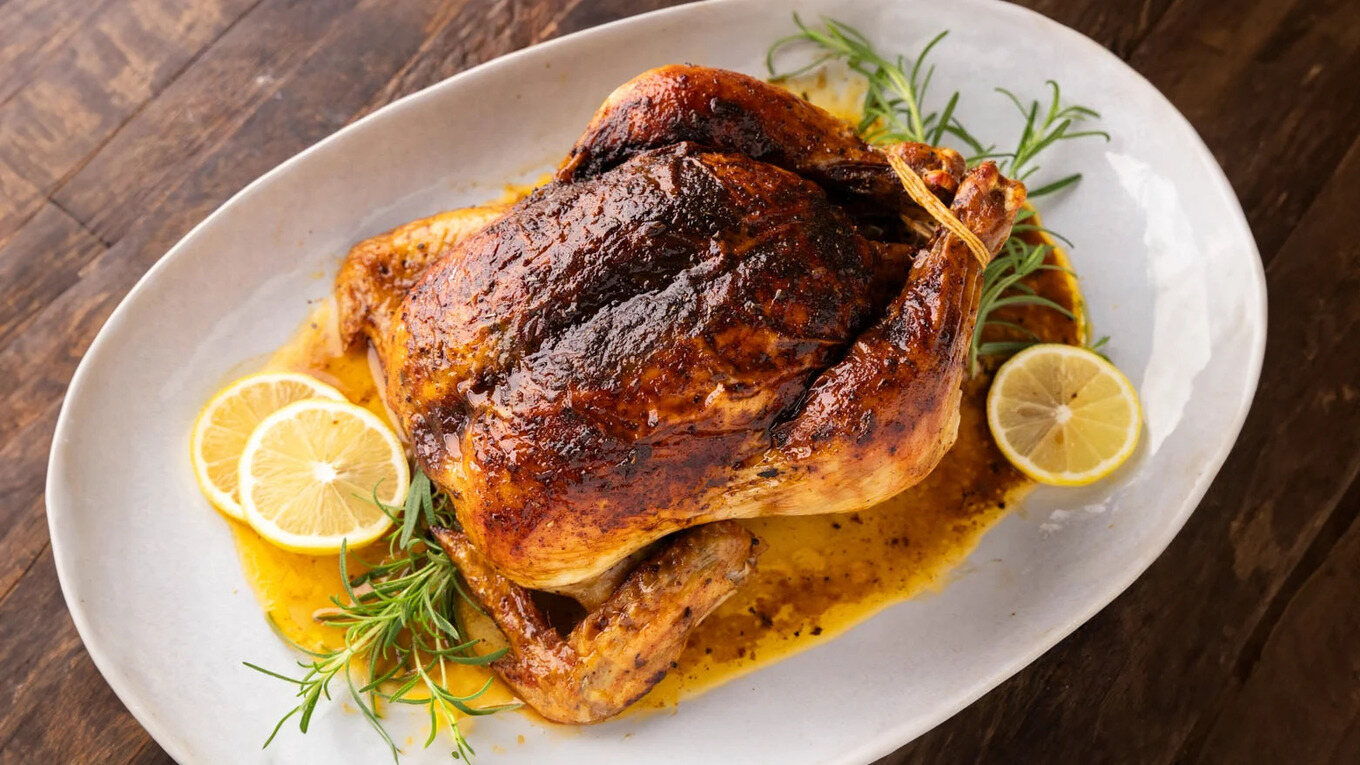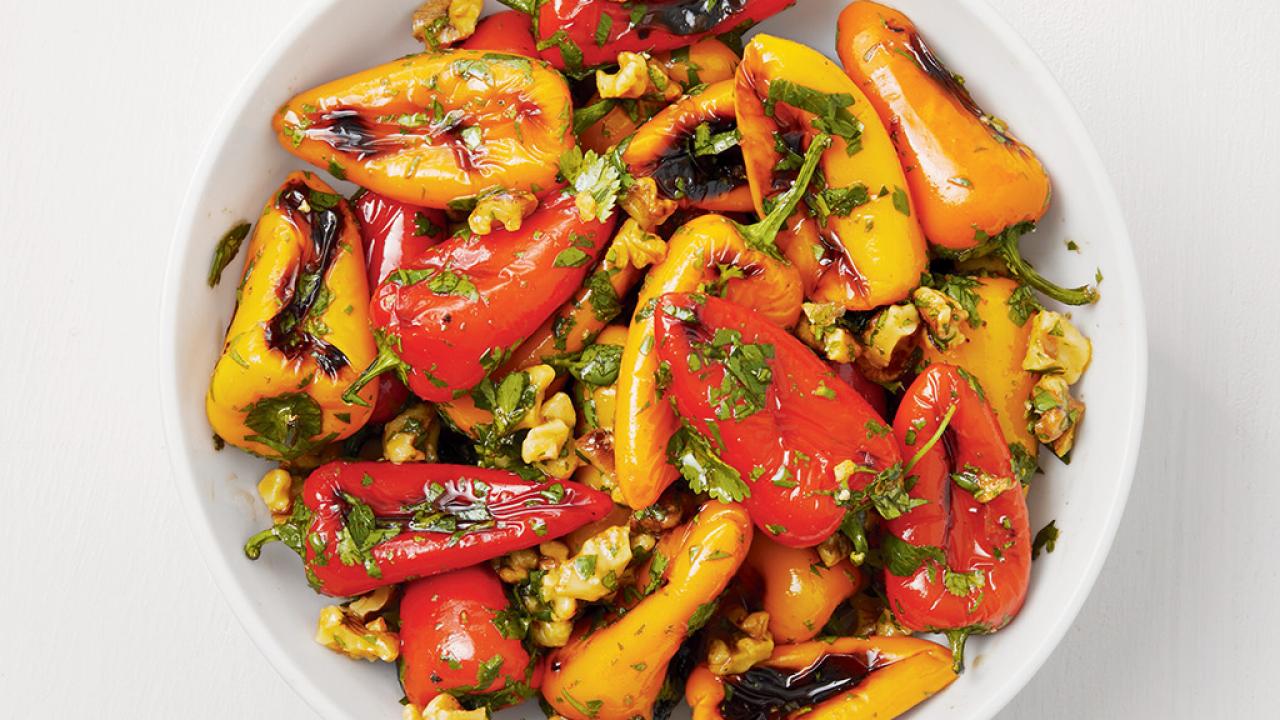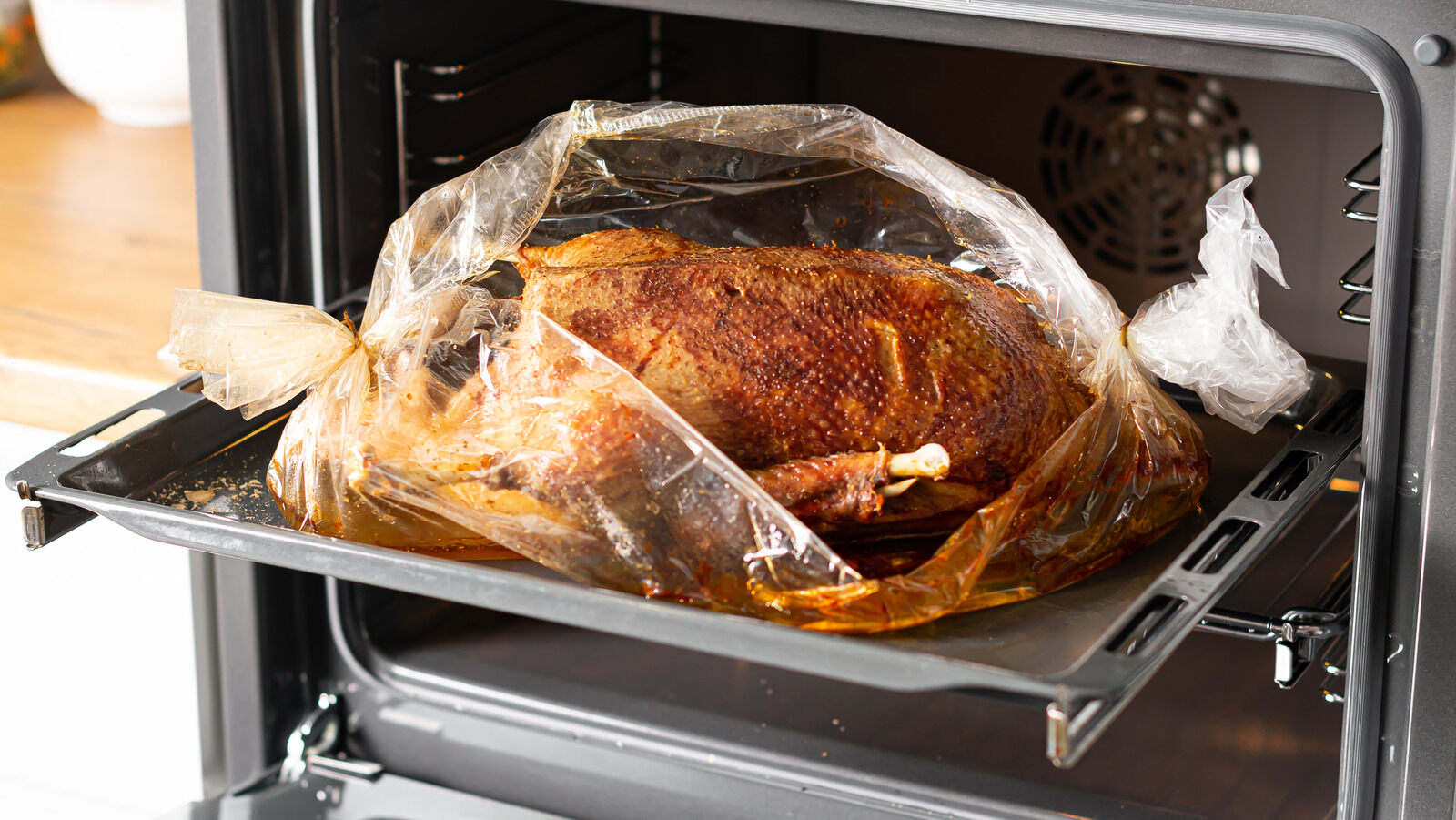Passover Egg Roasting: A Delicious Tradition
Passover, or Pesach, is a significant Jewish holiday that commemorates the liberation of the Israelites from slavery in ancient Egypt. It is a time for families to come together and celebrate with special foods and rituals. One of the traditional foods that is enjoyed during Passover is the roasted egg. Roasting an egg for Passover is a simple yet meaningful tradition that adds a delicious touch to the holiday meal.
Why Roast an Egg for Passover?
The roasted egg, or “Beitzah,” is a symbol of mourning and renewal. It represents the circle of life and the cycle of seasons. The egg is also a reminder of the festival sacrifice that was offered in the days of the Holy Temple in Jerusalem. Roasting the egg adds a rich flavor and depth to the dish, making it a popular choice for the Passover Seder plate.
How to Roast an Egg for Passover
Roasting an egg for Passover is a simple process that involves minimal ingredients and equipment. Here’s a step-by-step guide to roasting the perfect egg for your Passover celebration:
- Boil the Eggs: Start by placing the eggs in a pot and covering them with cold water. Bring the water to a boil, then reduce the heat and let the eggs simmer for about 10-12 minutes.
- Cool and Peel: Once the eggs are cooked, remove them from the pot and place them in a bowl of cold water to cool. Once they are cool enough to handle, carefully peel the eggs, making sure to remove all the shell fragments.
- Preheat the Oven: Preheat your oven to 350°F (175°C) while you prepare the eggs for roasting.
- Season the Eggs: Place the peeled eggs on a baking sheet and drizzle them with a small amount of olive oil. Sprinkle with salt and pepper, or any other seasonings of your choice, to add flavor to the eggs.
- Roast the Eggs: Place the baking sheet in the preheated oven and roast the eggs for 10-15 minutes, or until they develop a golden-brown color and a slightly crispy texture.
- Remove and Serve: Once the eggs are roasted to perfection, remove them from the oven and let them cool for a few minutes before serving. The roasted eggs can be enjoyed on their own or as a delicious addition to your Passover meal.
Ways to Enjoy Roasted Eggs
Roasted eggs can be enjoyed in a variety of ways during the Passover holiday. Here are a few ideas to incorporate roasted eggs into your Passover menu:
- Seder Plate: The roasted egg is a traditional element of the Passover Seder plate, where it symbolizes the festival sacrifice and the circle of life.
- Salads: Roasted eggs can be sliced and added to salads for a flavorful and protein-packed addition to your meal.
- Appetizers: Serve roasted eggs as a standalone appetizer, accompanied by a sprinkle of sea salt and a drizzle of olive oil for a simple yet elegant dish.
- Sandwiches: Use roasted eggs to create delicious sandwiches or wraps, adding a unique twist to your Passover lunch or dinner.
In Conclusion
Roasting an egg for Passover is a wonderful way to incorporate tradition and flavor into your holiday celebration. Whether you enjoy the roasted eggs on their own or as part of a larger meal, they are sure to add a delicious touch to your Passover menu. Embrace this simple yet meaningful tradition and savor the rich flavor of roasted eggs during the joyous festival of Passover.
Explore More Delicious Passover Recipes and Uses
Having mastered the art of roasting eggs for Passover, why not put your skills to the test with a variety of delicious recipes? For a refreshing twist, try the Roasted Egg and Avocado Salad Recipe, which combines creamy avocado with the smoky flavor of roasted eggs. If you're in the mood for something heartier, the Roasted Egg and Sweet Potato Hash Recipe is highly recommended for its robust flavors and nutritional benefits. For those who enjoy international cuisine, the Spicy Roasted Egg and Tomato Shakshuka Recipe offers a tantalizing blend of spices that perfectly complement the roasted eggs. Each recipe provides a unique way to savor the delectable taste of roasted eggs, making them ideal for any meal or occasion.
Was this page helpful?
Read Next: How To Roast A Porketta Roast
